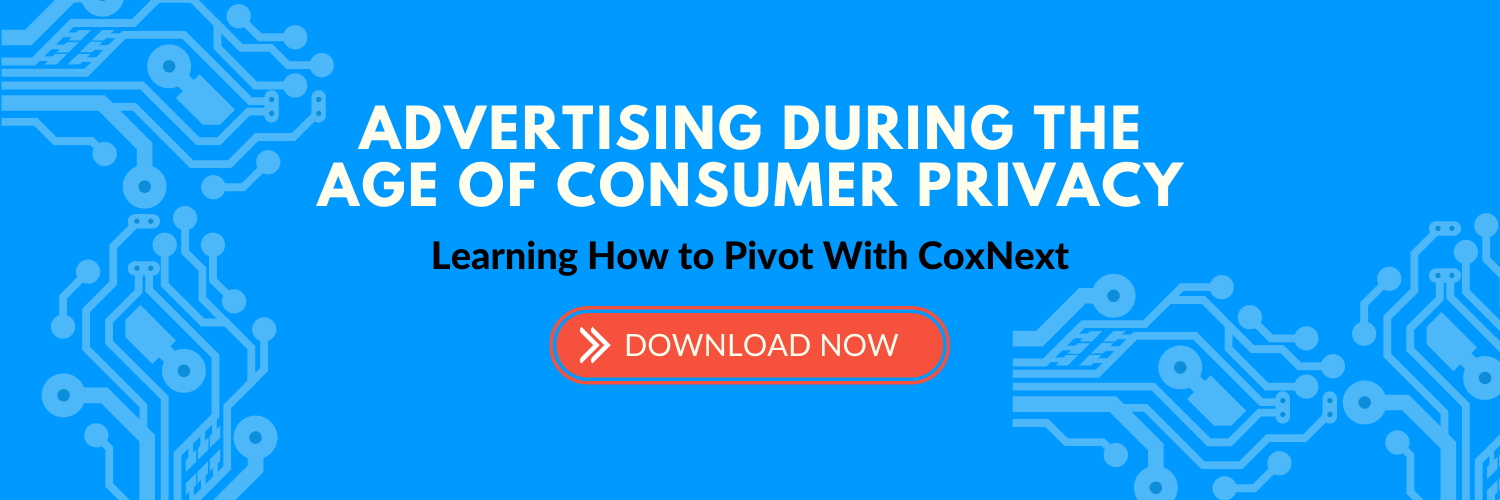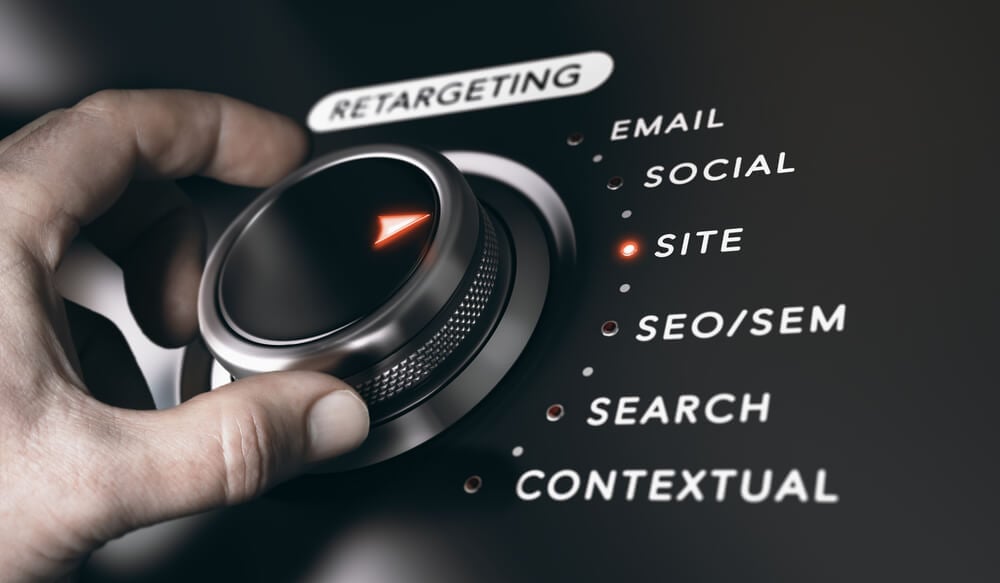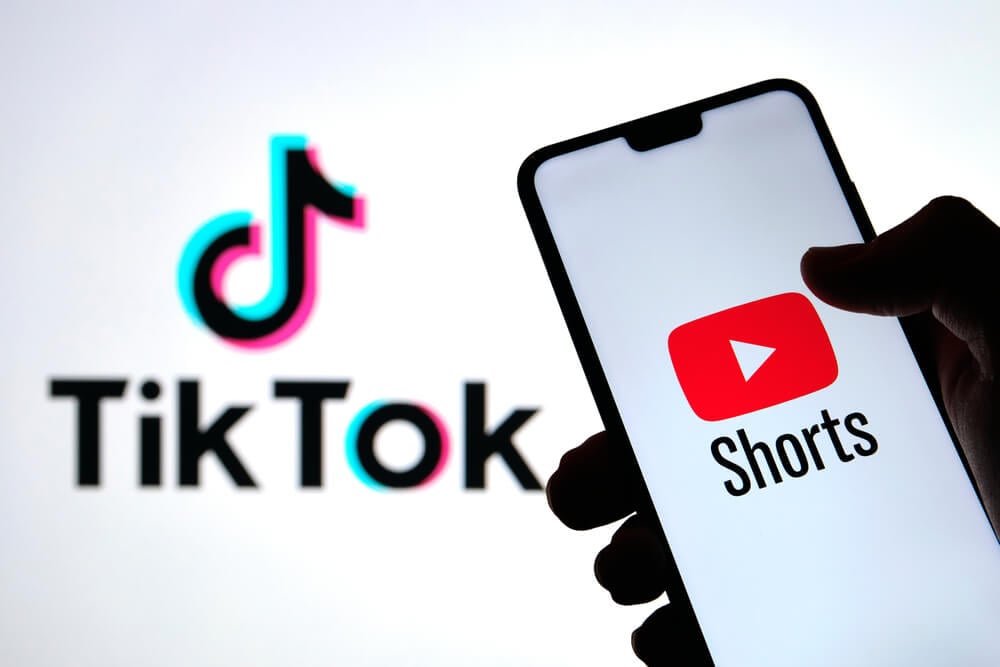Don't Cry Over Spilled Milk… A Cookie-Less Digital World Isn't Such a Bad Thing

As a growing number of browsers begin to block third-party cookies, advertisers may worry that they will lose consumer information. While these concerns are understandable as a cookie-less world means more limited insights, there are workarounds. Using certain strategies and keeping specific facts in mind, businesses can ensure that their marketing productions don't deteriorate.
Here, we'll go over what a cookie-less world means explicitly and how to get around this minor inconvenience.
How Will Losing Third-Party Cookies Affect Business?
Third-party cookies are important for advertisers in gathering information about potential customers. Cookies are small snippets of code that are stored in users' browsers when they visit websites. The information included could be the website's name, the user's ID, log-in details, language preferences, and interests, along with others. While first-party cookies are kept on the website the user is visiting, third-party cookies are stored across other apps and websites.
Historically, third-party cookies enabled advertisers to enhance targeting and personalization efforts through cross-app and site tracking capabilities. However, this is soon to change as third-party cookies will be completely blocked by 2023.
As a result, agencies may have a difficult time collecting information and understanding user behavior. These changes will make it essential for advertisers to pivot around these challenges rather than forgo marketing altogether. By considering certain digital marketing dos and don'ts, businesses can avoid losing traction in their marketing in a world without third-party cookies.
The Good News: First-Party Cookies Still Exist
If you're wondering how to track your success in a cookie-less world, the first fact to keep in mind is that first-party cookies are still relevant. You can use these to gather info about users who visit your website. In the process, you can still attain a personalized user experience.
Many agencies have likely already collected first-party data from users in several ways. For example, they may have used tools such as Google Analytics to view specific metrics and gauge their website's performance. First-party information could also include email addresses, names, and phone numbers from newsletters, databases, and other sources.
Visibility will remain available even as third-party cookies disappear. Because of this, B2B marketing will be able to collect sufficient info about users to engage meaningfully. For example, first-party basics for B2B industries include information such as job title and company info.
Ultimately, you can capture first-party data with gated content, including email signups and registrations on your website. The term “gated” refers to content that can only be retrieved when visitors input their information, making it an easy way to receive first-party data. This information comes directly from your audience, which is advantageous to you in a myriad of ways.
Get More Out of Declared Data
In marketing, one-on-one engagement is key. Businesses can still collect data that customers provide during engagements of all kinds. Some of this data may include intent to buy, wants, demographics, and pain points that you can help solve, among others.
There are numerous ways you can collect declared data. For example, you can use chatbots on your website, Facebook Messenger, Instagram, and many other platforms to learn about customers. Through the collection and interpretation of this data, you can begin developing the ideal customer experience.
Leverage Email Marketing
One of the most invaluable tools for businesses to use in a cookie-less digital world is email marketing. Spend more time focusing on these efforts and connect with your audiences. Email marketing can help you understand your leads along with existing customers and their changing wants and needs.
Email marketing comes with high ROI, and you can use it for lead nurturing, increasing sales, and collecting all types of user data. With the help of email marketing efforts, you'll not only be able to collect information about your audience, but you'll also be able to market to them more effectively. Based on their interests, you can send personalized emails that speak to them and push products or services they'll be more likely to purchase from you.
Use a Variety of Strategies to Thrive Using First-Party Cookies
If you're worried about how your business might suffer using marketing strategies without third-party cookies, there are many ways to avoid any issues. Even as these cookies vanish and you rely on first-party cookies, there are ample strategies available to you as you adapt. From lead magnets and chatbots to email marketing, you have vast options to capture critical information that users submit. Using information such as contact details and buying habits that people submit to you, you'll have the chance to optimize your marketing.
CoxNext is Here to Help You Navigate a Cookie-less World
By taking the right approach to your marketing, you won't have to be concerned about the absence of third-party cookies. It may seem like a massive inconvenience initially, but the many alternatives make third-party cookies less crucial than you might think. If you want fresh insights into your customers’ habits and behaviors, the Cox Site Analysis Tag can provide answers even after third-party cookies disappear.
Related Posts
Unveiling the Secrets: CoxNext Experts Answer 5 Vital Questions on Enrollment Marketing!
May 24th, 202323 Retargeting Statistics You Need to Know
April 26th, 2023Why Partner With Multiple Agencies When One Is All You Need?
April 20th, 202310 Key Tips for Using Video Shorts in Social Media Marketing
April 12th, 20238 Reasons to Use Video Shorts in Marketing
April 5th, 2023What is a White Labeling Service and Why Should You Consider It?
March 29th, 2023What is the Future of TV Advertising?
March 22nd, 2023Marketing Solutions for Every Step of the Buyers’ Journey
March 13th, 20237 Ways to Know Your Marketing Isn’t Working
February 28th, 2023Categories
- Marketing Strategy (90)
- Digital Advertising (47)
- Digital Marketing (28)
- Content Marketing (17)
- OTT (16)
- ROI (13)
- Content Creative (12)
- Agency Partnerships (11)
- Social (10)
- Video (8)
- COVID-19 (7)
- Advanced Data (6)
- Research (6)
- Technology (6)
- Cox Enterprises News (5)
- Generational Marketing (5)
- Industry: Travel (5)
- Industry: eCommerce (5)
- Advertising Budget (4)
- Industry: Higher Education (4)
- Social Media Marketing (4)
- E-commerce (3)
- Podcasts (3)
- Recruitment Marketing (3)
- Search (3)
- Social Media (3)
- Branding (2)
- Inclusive Marketing (2)
- Industry: Cannabis (2)
- Industry: Home Improvement (2)
- marketing budget (2)
- CoxNext News (1)
- Industry - Automotive (1)
- Industry: Healthcare (1)
- Influencer Marketing (1)
- Podcast Advertising (1)
- Privacy (1)
- working with an agency (1)











